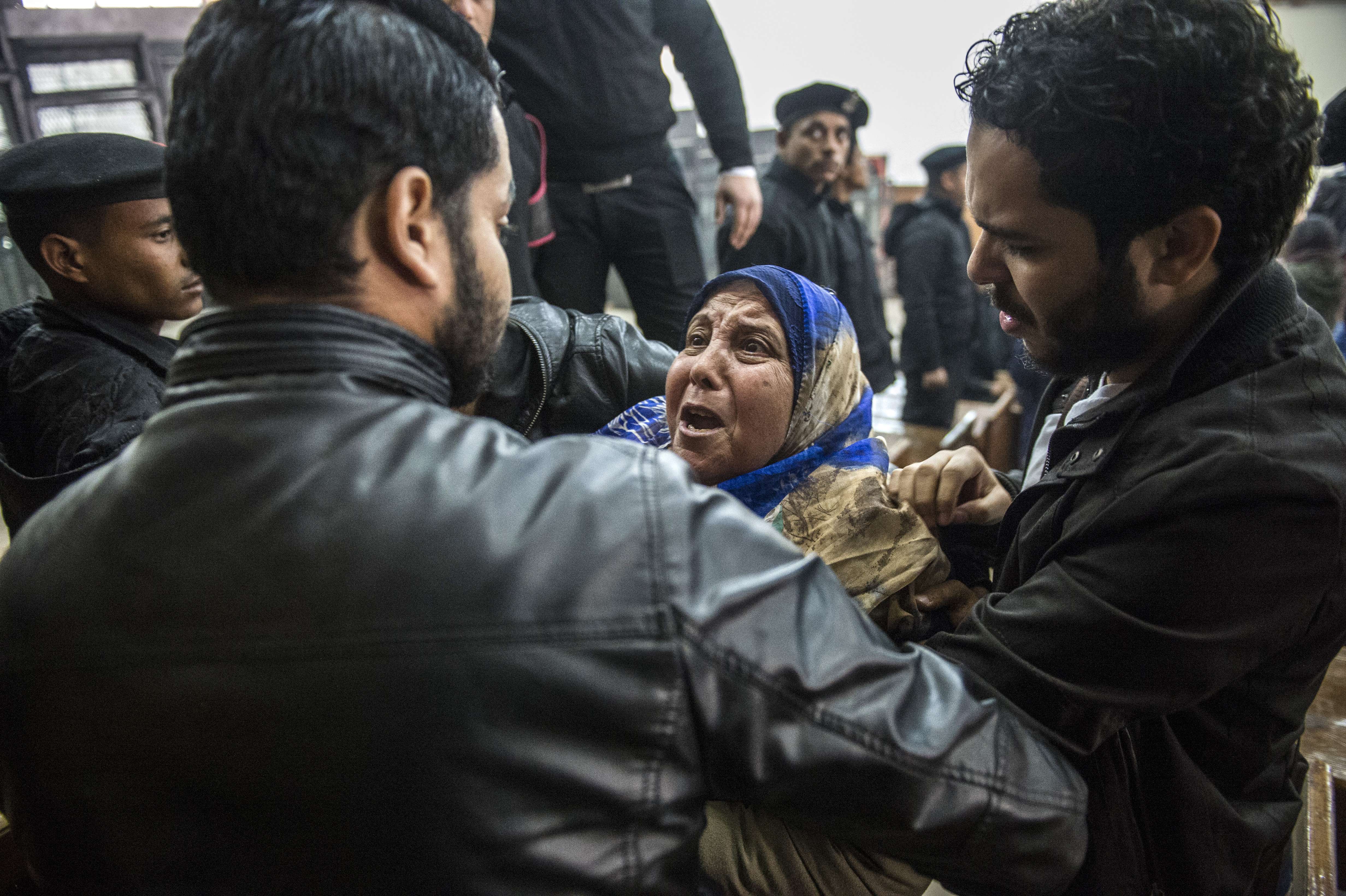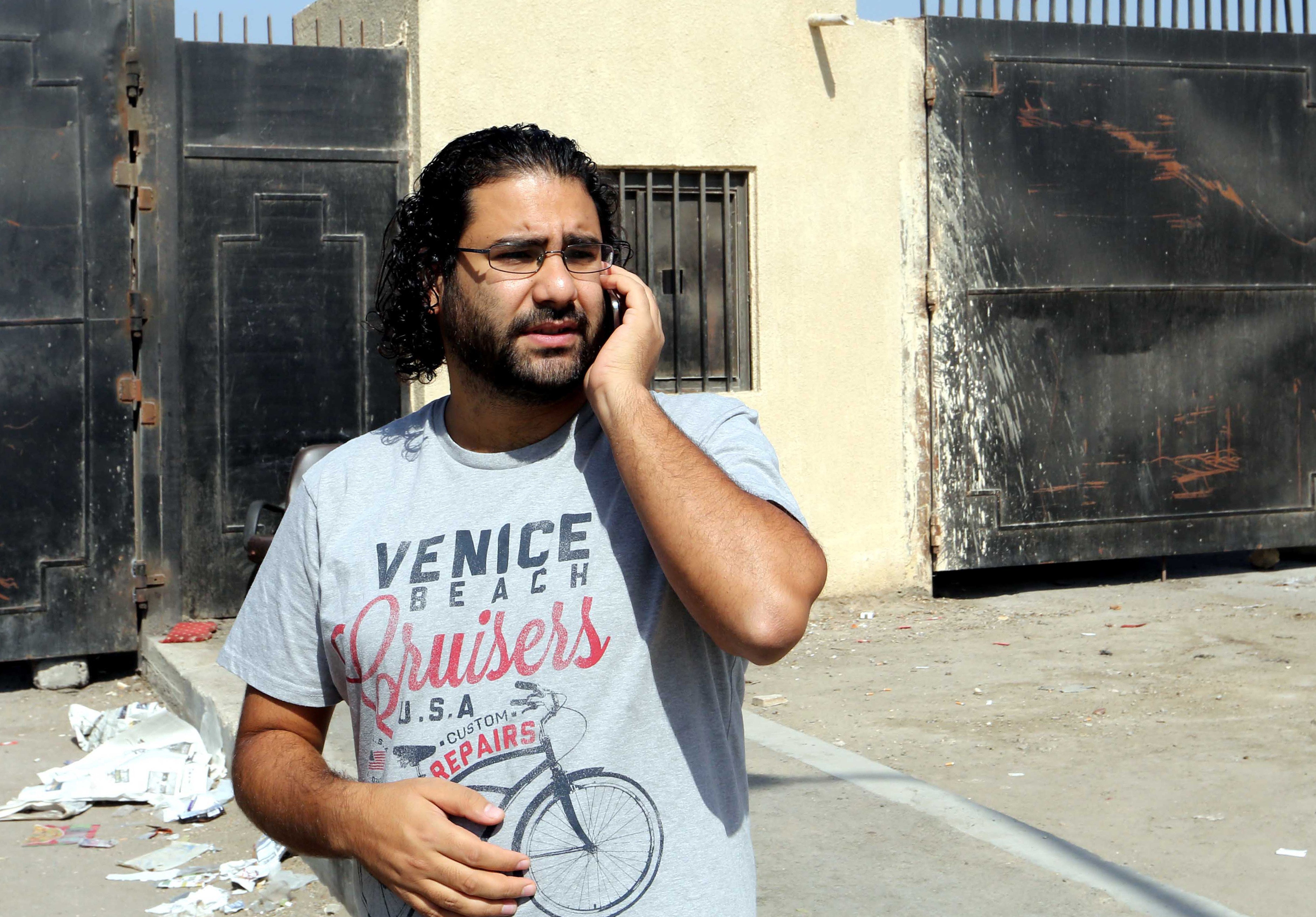There’s a big problem with Egypt hosting Cop27
Trying to pretend that the climate crisis is separate from human rights is not only false, but dangerous, writes Bel Trew


In a few weeks, world leaders, businesses, civil society members, international organisations and journalists will descend on Sharm el Sheikh in Egypt for Cop27.
The climate crisis will quite literally be the death of all of us, and so Cop27 is an important venue for change – a place where some of the most powerful people and institutions in the world can hash out the urgent steps needed to prevent the global rise of temperatures from surpassing 1.5C. But true change is not going to happen in a pit of hypocrisy.
It is not going to happen when we treat the fight against the slow poisoning of our planet as something separate to the pursuit of human rights. They are inextricably linked. In the coming years, desertification, food shortages, rising sea levels and soaring temperatures will not only create fresh humanitarian crises, but aggravate existing inequalities and human rights abuses committed against the world’s most vulnerable groups.
The hosting of the Cop27 by Egypt is, therefore, a tricky one. Egypt has one of the worst track records for rights abuses in the world, despite launching its “National Human Rights Strategy” a year ago (which rights groups like Amnesty have said is essentially deflecting attention from its real track record).
Protests – free speech – have been effectively banned for years. Human rights defenders, including British citizen Alaa Abd El-Fattah, who is dying on a 182-day hunger strike, remain behind bars under draconian legislation that bans rallies. Since 2017, the Egyptian authorities have locked access to approximately 700 websites belonging to news outlets and human rights groups. Rights organisations also cite the “systematic” arrest and persecution of journalists.

Environmental activists and human rights groups, many of whom struggle to operate in the country, have repeatedly raised the concern that it isn’t actually possible for climate rallies to take place ahead of and during Cop27. They have said that Egyptian civil society members and journalists are under heavy surveillance and cannot meaningfully participate without fear of serious reprisals.
Sanaa Seif, Alaa’s sister, herself a rights defender who has spent long stints behind bars in Egypt, said governments that participate in Cop27 and do not acknowledge this reality or work to change it “goes beyond greenwashing”.
Alaa, who has spent most of the last 10 years behind bars, told his family last month he would likely die in jail on hunger strike demanding the simple right to a consular visit from the British Embassy.
“The ramifications on us will be horrible. Yet most are choosing to ignore the human rights situation,” Seif wrote on Twitter. “Mitigating climate change and fighting for human rights are interlinked struggles, they shouldn’t be separated. Especially since we’re dealing with a regime that is propped up by companies like BP and Eni. And really, how hard is it to raise both issues?”
This is something that rights groups have also been warning about. Agnès Callamard, Amnesty International’s secretary general, said that states should realise that Egypt’s attempts to present itself as working on human rights like National Human Rights Strategy were just “a shiny cover-up to their unrelenting violations of human rights, thinking they would fool the world ahead of Cop27.”
To keep up to speed with all the latest opinions and comment, sign up to our free weekly Voices Dispatches newsletter by clicking here
If Egypt is welcomed without criticism, the consequences will be huge. “The grim reality of their notorious human rights record cannot be rebranded in a PR stunt,” she continued. “The international community must not be deceived by Egypt’s attempts to conceal the magnitude of the human rights crisis in the country.”
Meanwhile, Human Rights Watch has documented how president Abdel Fattah El-Sisi’s government has severely curtailed the ability of environmental groups to carry out independent work. They have warned that anyone participating in rallies to encourage world leaders to make change is at great risk of ending up behind bars.
It goes beyond Egypt hosting Cop27 – if we truly want to save our planet, and the future of our species, we can no longer lock climate action away in its own box, divorced from the reality of the wider world.
The climate crisis threatening our damaged and destroyed environment infects every aspect of our lives. And so it is inherently political. Trying to pretend that it is separate from issues like freedom of speech and association or from human rights is not only false, but dangerous.






Join our commenting forum
Join thought-provoking conversations, follow other Independent readers and see their replies
Comments